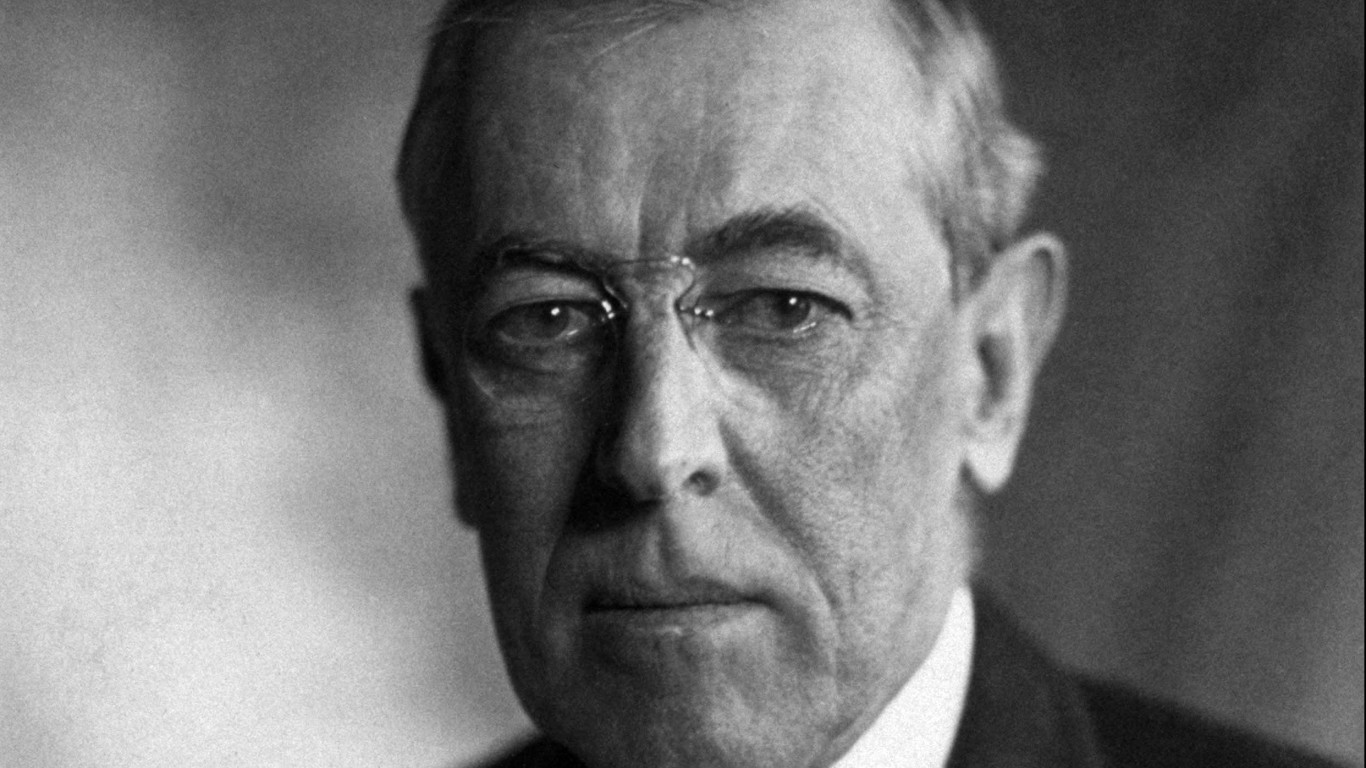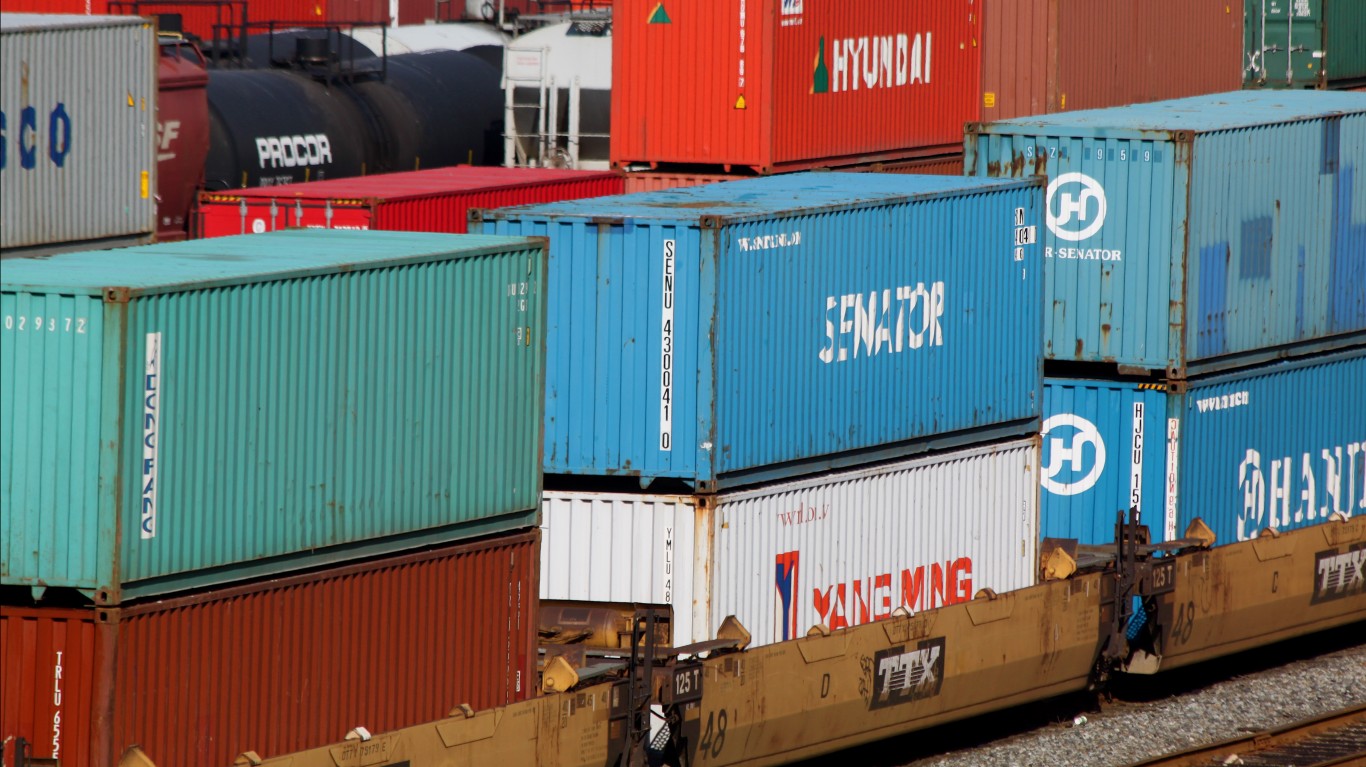 “Figures provided by FICO Inc. show that 25.5 percent of consumers — nearly 43.4 million people — now have a credit score of 599 or below, marking them as poor risks for lenders. It’s unlikely they will be able to get credit cards, auto loans or mortgages under the tighter lending standards banks now use,” according to the AP. Historically, just 15 percent of the 170 million consumers with active credit accounts, or 25.5 million people, fell below 599, according to data posted on Myfico.com.The recession, tight lending practices by banks, and unemployment have caught up to the consumer credit market, and the trend is likely to worsen.
“Figures provided by FICO Inc. show that 25.5 percent of consumers — nearly 43.4 million people — now have a credit score of 599 or below, marking them as poor risks for lenders. It’s unlikely they will be able to get credit cards, auto loans or mortgages under the tighter lending standards banks now use,” according to the AP. Historically, just 15 percent of the 170 million consumers with active credit accounts, or 25.5 million people, fell below 599, according to data posted on Myfico.com.The recession, tight lending practices by banks, and unemployment have caught up to the consumer credit market, and the trend is likely to worsen.
Banks, particularly regional and community financial firms, are struggling with defaults on both residential and commercial mortgages. To stay out of the clutches of the FDIC, they have become remarkably cautious about lending, even to people with good credit scores.
The number of people who have been unemployed for over six months is now in the millions and nearly 25 million Americans are out of work. This population is not likely to see their credit scores repaired for years.
The young, for years targets for credit card companies, are unemployed at higher rates than people over 25. That means that this “feeder” population for credit cards is falling and some of these people noe have no credit scores at all.
Another trend that has hurt credit scores immensely is the disappearance of home equity loans which were once taken out by huge numbers of Americans who had houses worth more than their mortgages. Now, more than 11 million mortgages in the US are underwater. People are abandoning homes that are being foreclosed upon. Either of those actions severely damages credit ratings.
One of the long-term effects of low credit scores is a likely long-term drop in consumer spending. People often cannot afford to buy things by paying cash. And austerity is the rule of the day.
Douglas A. McIntyre
100 Million Americans Are Missing This Crucial Retirement Tool
The thought of burdening your family with a financial disaster is most Americans’ nightmare. However, recent studies show that over 100 million Americans still don’t have proper life insurance in the event they pass away.
Life insurance can bring peace of mind – ensuring your loved ones are safeguarded against unforeseen expenses and debts. With premiums often lower than expected and a variety of plans tailored to different life stages and health conditions, securing a policy is more accessible than ever.
A quick, no-obligation quote can provide valuable insight into what’s available and what might best suit your family’s needs. Life insurance is a simple step you can take today to help secure peace of mind for your loved ones tomorrow.
Click here to learn how to get a quote in just a few minutes.
Thank you for reading! Have some feedback for us?
Contact the 24/7 Wall St. editorial team.



